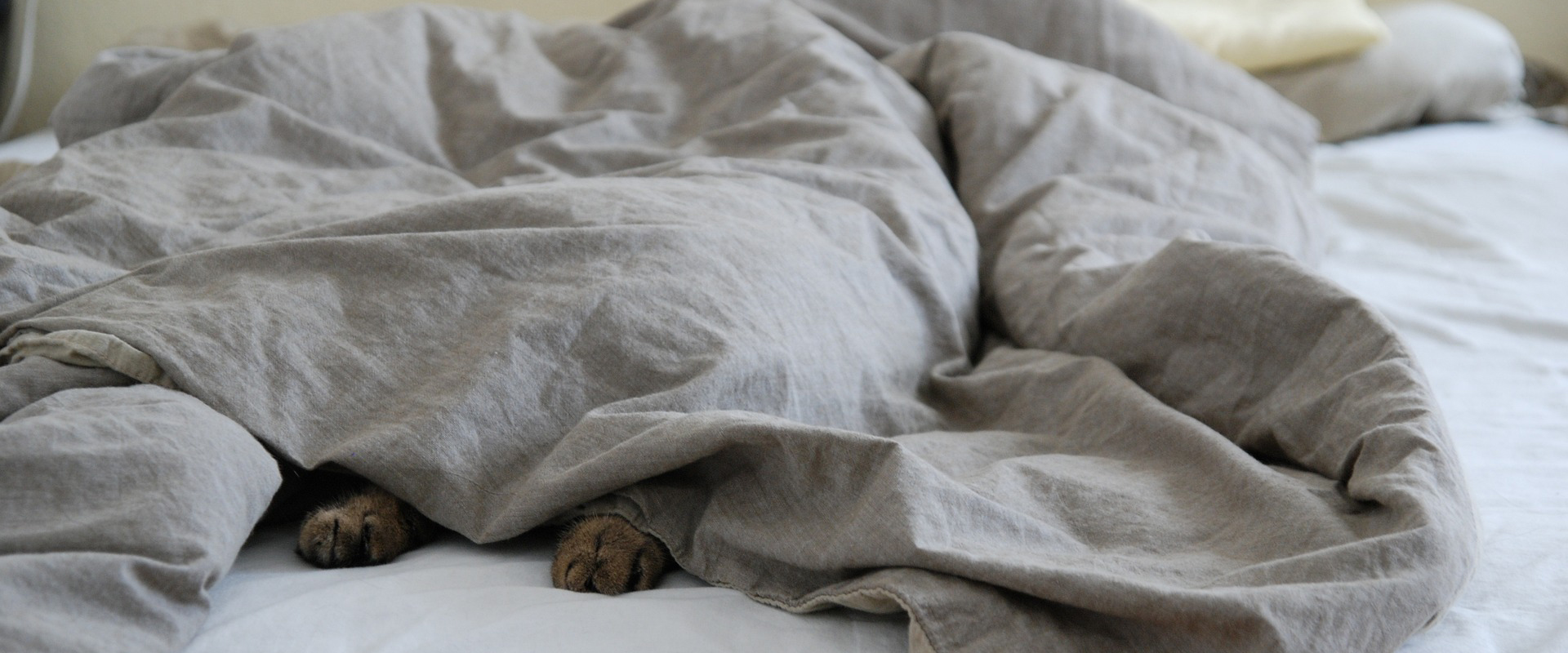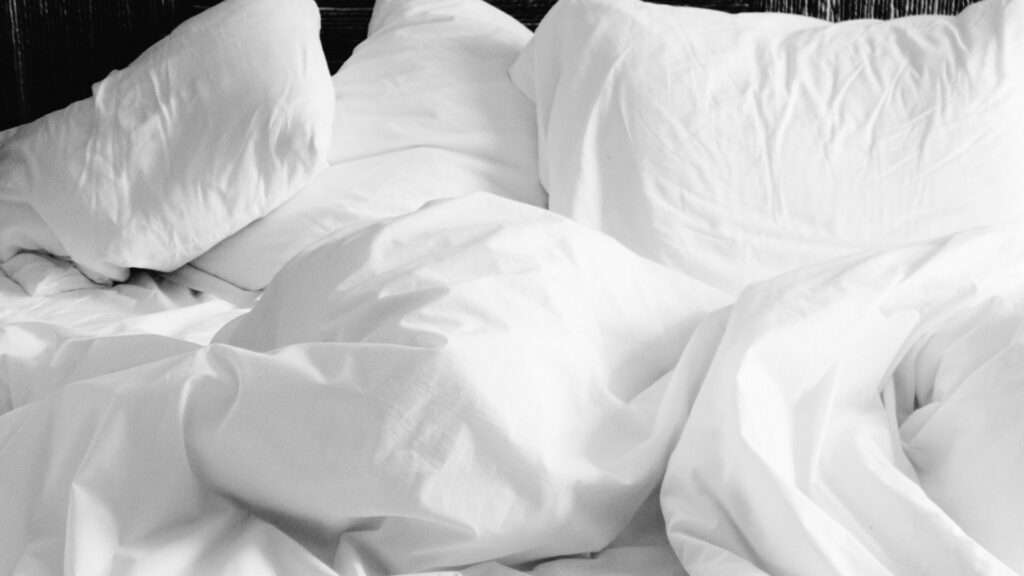Bed bugs can be a nightmare, especially when traveling. They can hide in hotels, hostels and even rented accommodation. Preventing a bed bug infestation during your travels is essential to avoid itching and the worries that come with it. In this article, we will present practical tips to prevent bed bugs on the go.
Bed bugs are small parasitic insects that feed on human blood. They are nocturnal and hide in cracks, mattresses, furniture and fabrics. Bed bugs can cause itching, skin irritation and sleep problems. Here are some tips to avoid taking them home after a trip.
What are bed bugs?
Bed bugs are small creatures of red-brown color that feed on human blood. They can survive for months without feeding. Bed bugs easily move from one place to another by hiding in luggage, clothes and furniture.
Signs of a bed bug infestation

Before talking about preventive measures, it is important to know how to recognize the signs of a bed bug infestation. These signs can include traces of blood on the sheets, bites on your skin, bed bug droppings (which look like small black spots), and an unpleasant odor in the room.
Preparing for your trip
Before you travel, take a few precautions to reduce the risk of bed bug infestation:
Search accommodation reviews and ratings
Before booking accommodation, look for reviews online to check for reports of bed bug infestation. This can help you choose a hosting that is less likely to have problems.
Pack your luggage wisely
When packing your luggage, use waterproof plastic bags to store your clothes and belongings. This will help prevent bed bugs from getting in.
Use waterproof travel bags
Opt for waterproof travel bags to carry your belongings. These bags will prevent bed bugs from entering your clothes and belongings.
Upon arrival at the accommodation
Once you arrive at your accommodation, take the following steps to avoid bed bugs:
Inspect the room thoroughly
Before settling into your room, carefully inspect the bed, mattresses, furniture and cracks in the walls. Look for signs of infestation such as dark spots, dead insects or bed bug droppings.
Avoid placing your luggage on the bed or floor
Avoid putting your luggage on the bed or floor directly. Instead, use a luggage rack or table to keep them high up and away from potentially infested areas.
Use a bed protector
Use a mattress and box spring cover that is resistant to bed bugs. This will help prevent bed bugs from entering your bed while you sleep.
Precautions during your stay
During your stay, follow these precautions to avoid bed bugs:
Keep your clothes clean and sealed
Keep your clothes clean and store them in airtight plastic bags to prevent bed bugs from getting in.
Avoid bringing back second-hand items
Avoid buying or bringing back furniture, mattresses or second-hand items without carefully inspecting them. Bed bugs can hide in these objects.
Wash your clothes at high temperatures
After your stay, wash your clothes at a high temperature. This will kill potential bed bugs that may have been hiding in your clothes.
When you return home
When you return home, take the following steps to prevent a bed bug infestation:
Inspect your luggage and clothing
Before storing your luggage, inspect it carefully to make sure there are no bed bugs or signs of infestation.
Wash your clothes thoroughly
Wash all your clothes, even those that have not been worn, at a high temperature. This will eliminate any bed bugs or their eggs.
Vacuum your luggage
Vacuum your luggage to eliminate any insects or eggs that may have been hiding there.
By taking precautions before, during, and after your travels, you can significantly reduce the risk of a bed bug infestation. Vigilance and prevention are essential to protect yourself and avoid bringing these insects home.
FAQs
- Are bed bugs dangerous to health?
- Although their bites can cause itching and discomfort, bed bugs are generally not considered carriers of diseases.
- How to recognize the signs of a bed bug infestation?
- Signs of infestation may include blood stains on sheets, bites on the skin, bed bug droppings, and a characteristic odor.
- What should I do if I find bed bugs in my accommodation?
- Report the problem immediately to the management of the establishment and ask to change rooms or obtain a refund.
- Can bed bugs be eliminated without the help of a professional?
- It is recommended to hire a professional pest control for effective removal of bed bugs.
- How can I avoid bringing bed bugs home?
- By following the precautions described in this article, such as thoroughly inspecting accommodations and washing clothes at high temperatures, you can reduce the risk of bringing bed bugs home.
